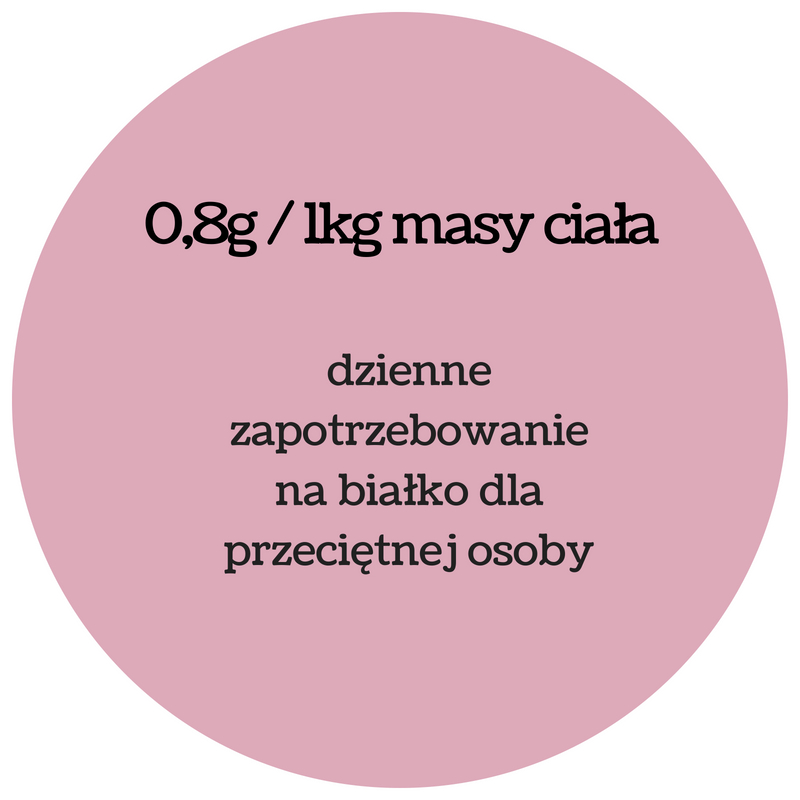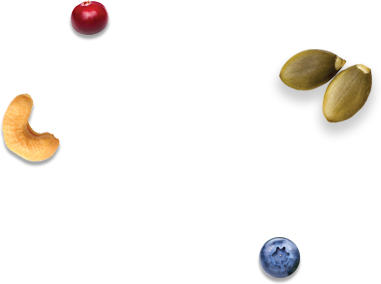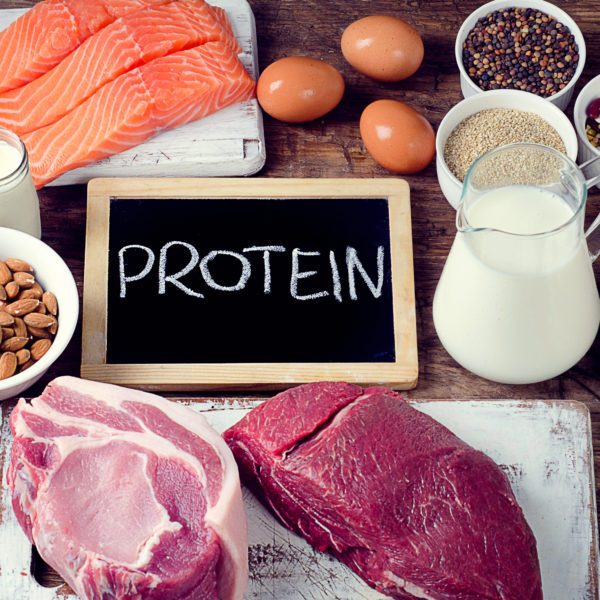What is protein?
Protein can be defined by its physiological role in our body. The most common one is the fact
that protein is an important building block of our organism. Moreover, it:
- contributes to the production of enzymes (that’s why it is a building block of new tissues),
- is essential for cells regeneration,
- regulates metabolism and keeps you feeling full for longer,
- regulates the blood sugar level and hence stops you from snacking on sweets.
Why should we add protein to our diet and which products contain it?
A healthy and properly balanced diet should always contain high-quality protein because, with its health benefits, it is a key nutrient for our body. No other macronutrient is able to replace it. We have to remember that, in contrast to carbohydrates and fats, our body cannot transport or store protein. That’s why we should take proper care of constant protein supply.
What is important, protein should come from different sources and be varied as there are different types of protein. It is made up of a combination of 20 amino acids, but each type doesn’t contain all of them. Our body can produce 11 of them, the rest 9 should be delivered with food.
Eggs and meat (veal, beef, poultry) are the best source of protein, because they contain all essential amino acids. Other products that contain protein are:
- lentils,
- beans,
- peas,
- broad beans,
- chickpeas,
- pumpkin seeds,
- sunflower seeds,
- fish (salmon, halibut, tilapia),
- quark cheese,
- groats (millet, buckwheat).
What is the daily intake of protein?
 The protein requirements may vary considerably depending on the age, height, sex and many other factors. The average adult who leads a moderately active lifestyle doesn’t need so much protein as a man who is very active physically and wants to gain muscle. It is estimated that a sufficient amount of protein is 0,8g per 1kg of body weight, but it can also reach up to 3-4g per 1kg of body weight. It can be also calculated as a percentage of total caloric intake – 10-30%.
The protein requirements may vary considerably depending on the age, height, sex and many other factors. The average adult who leads a moderately active lifestyle doesn’t need so much protein as a man who is very active physically and wants to gain muscle. It is estimated that a sufficient amount of protein is 0,8g per 1kg of body weight, but it can also reach up to 3-4g per 1kg of body weight. It can be also calculated as a percentage of total caloric intake – 10-30%.
Protein deficiency – how to recognize it and supplement?
Many of us realize how important it is to include protein in our diet and know the basic groups of protein products, and yet we don’t take proper care of protein supply. Below you can find the main symptoms indicating that you might have protein deficiency.
Symptoms of protein deficiency:
- fatigue,
- low energy and lack of strength,
- muscle and joint pain,
- hair loss,
- greater appetite for sweets,
- weak and soft nails,
- poor concentration and troubles with attention,
- low immunity.
It is very important that the main source of protein in our diet are high-protein products, e.g. meat, eggs or fish. As mentioned above, they contain (meat and eggs) those amino acids which our body cannot produce itself, i.e. exogenous amino acids. We can supplement protein in our diet also with other products, e.g. with protein bars. An example of a good protein bar, which has up to 35% of protein and have no added sugar, is our feel FIT PROTEIN35% bar available in 3 flavours – vanilla, coconut and caramel. Thanks to this, our bars are not only a good protein supplement, but also give you energy and keep you feeling full for longer. What is more, PROTEIN 35% bars are high in fibre, have no trans fat and their crispy consistency makes them crunch with every bite.
Sources:
Otyłość – przyczyny I leczenie”, Zofia Suchocka; Katedra i Zakład Biochemii i Chemii Klinicznej, Wydział Farmaceutyczny Akademii Medycznej w Warszawie
Bresson JL1, Bader B, Rocchiccioli F, Mariotti A, Ricour C, Sachs C, Rey J. “Protein-metabolism kinetics and energy-substrate utilization in infants fed parenteral solutions with different glucose-fat ratios”
Moore DR1, Areta J, Coffey VG, Stellingwerff T, Phillips SM, Burke LM, Cléroux M, Godin JP, Hawley JA. “Daytime pattern of post-exercise protein intake affects whole-body protein turnover in resistance-trained males”.









